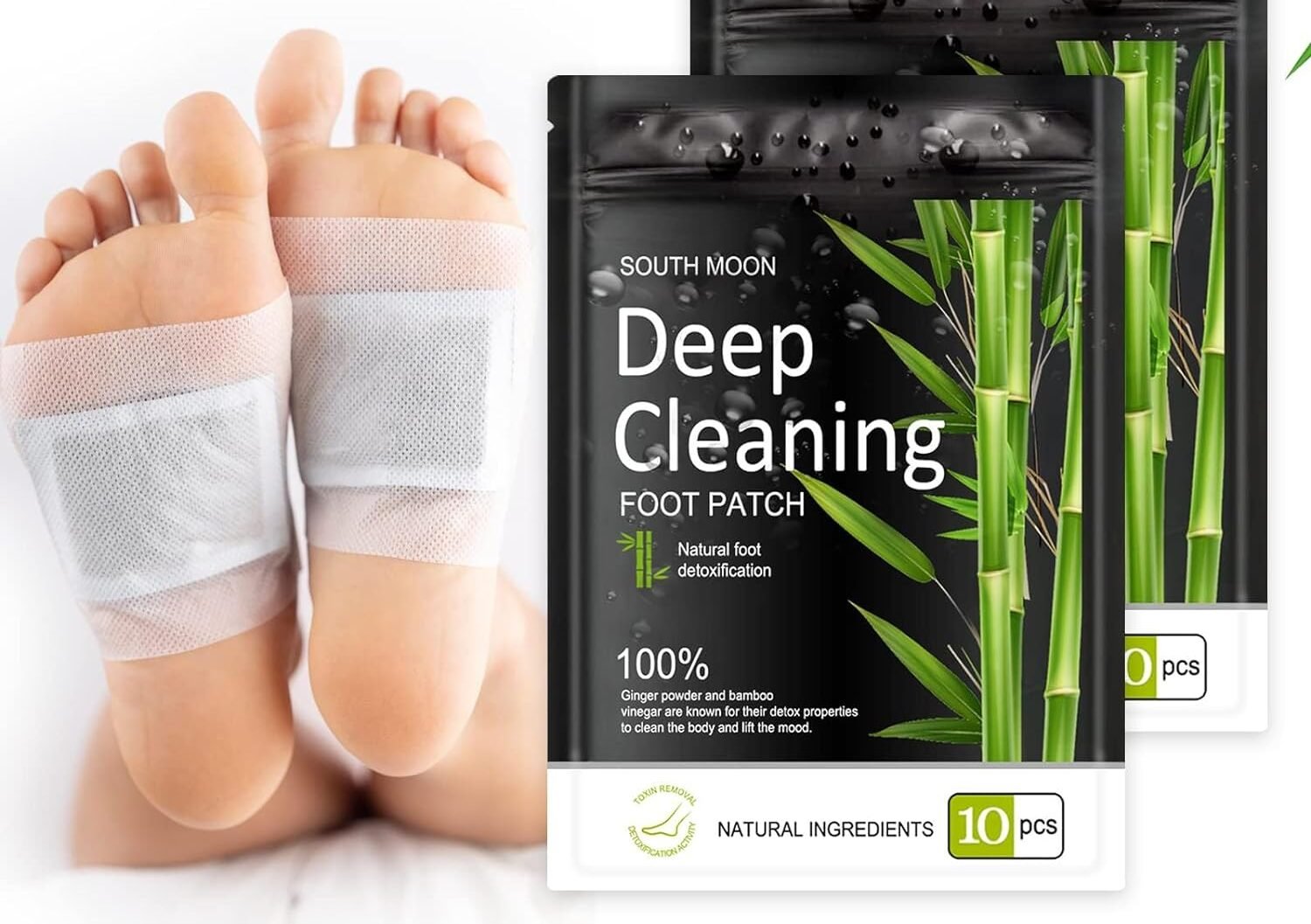Table of Contents
In a world where burnout is reaching epidemic proportions and the lines between work and personal life continue to blur, self-care has evolved from a luxury into a necessity.
Yet, despite the abundance of wellness advice available, many women struggle to maintain consistent self-care practices that truly make a difference in their lives.
This comprehensive guide will help you create a sustainable self-care routine that fits your lifestyle and delivers real results.
Why Traditional Self-Care Advice Often Falls Short

The #selfcare hashtag has generated billions of views across social media platforms, but beneath the aesthetic flat lays of face masks and bubble baths lies a deeper truth: true self-care isn’t about occasional indulgences—it’s about building sustainable daily practices that support your mental, physical, and emotional wellbeing.
Recent studies show that while 84% of women recognise the importance of self-care, only 29% report having a consistent routine. The gap between intention and action often stems from unrealistic expectations and one-size-fits-all approaches that don’t account for individual lifestyles, responsibilities, and preferences.
The Science Behind Effective Self-Care
Research in behavioural psychology and neuroscience reveals that successful self-care routines work because they tap into our brain’s natural reward systems. When we engage in activities that genuinely nurture our well-being, our bodies release neurotransmitters like dopamine and serotonin, creating positive feedback loops that reinforce these healthy behaviours.
Dr. Sarah Chen, a neuropsychologist specialising in habit formation, explains: “The key to sustainable self-care isn’t willpower—it’s creating systems that work with your brain’s natural tendencies rather than against them. Small, consistent actions have a compound effect that can significantly impact your overall well-being.”
Building Your Personalised Self-Care Framework
Physical Wellbeing: Beyond Exercise and Diet

While nutrition and movement are crucial components of self-care, physical well-being encompasses much more. Consider these evidence-based practices:
- Sleep Optimisation: Research shows that consistent sleep patterns are more important than total hours slept. Create a wind-down routine that signals to your body it’s time to rest. This might include dimming lights, avoiding screens, or practising gentle stretches. The key is consistency rather than perfection.
- Movement Integration: Instead of viewing exercise as a separate task to complete, look for ways to incorporate movement naturally throughout your day. Taking phone calls while walking, using a standing desk, or doing quick stretches between meetings can add up to significant physical benefits without requiring extra time in your schedule.
- Mindful Eating: Rather than following restrictive diets, focus on developing a healthier relationship with food. Practice eating without distractions, paying attention to hunger and fullness cues, and choosing foods that make you feel energised rather than depleted.
Mental and Emotional Wellbeing: Creating Space for Growth

The most effective self-care routines address our psychological needs as thoroughly as our physical ones. Consider implementing these practices:
- Boundary Setting: Learning to say “no” without guilt is a crucial self-care skill. Start by identifying your non-negotiables—activities or commitments that are essential for your well-being—and protect them as vigorously as you would any important meeting.
- Digital Wellness: Studies indicate that the average person checks their phone 96 times per day. Creating intentional breaks from technology can significantly reduce stress and improve mental clarity. Try designated tech-free times or spaces in your home.
- Emotional Processing: Regular emotional check-ins can prevent the buildup of stress and anxiety. This might involve journaling, talking with a trusted friend, or working with a therapist. The goal is to address emotions proactively rather than waiting for a crisis.
Social Wellbeing: Nurturing Meaningful Connections

The quality of our relationships has a profound impact on our overall well-being. Here’s how to make social self-care a priority:
- Intentional Connection: Rather than relying on social media for connection, schedule regular check-ins with friends and family. Research shows that even brief, meaningful interactions can significantly boost mood and reduce stress.
- Community Building: Find or create communities around shared interests or values. Whether it’s joining a book club, taking a class, or participating in volunteer work, being part of a community provides vital social support and purpose.
- Relationship Maintenance: Just as we schedule medical check-ups, regular relationship check-ins can help maintain healthy connections. This might involve setting aside time for date nights with partners, regular family meetings, or periodic catch-ups with friends.
Creating Your Sustainable Self-Care Action Plan

Step 1: Assessment and Reflection
Before implementing new practices, take time to evaluate your current situation:
- Energy Mapping: Track your energy levels throughout the day and week to identify optimal times for different types of self-care activities.
- Values Alignment: List your core values and assess whether your current routine supports or hinders them.
- Resource Inventory: Honestly evaluate your available time, energy, and resources to create realistic expectations.
Step 2: Design Your Routine
Based on your assessment, create a flexible framework that includes:
- Daily Non-Negotiables: Small actions that can be completed regardless of circumstances (e.g., five minutes of deep breathing, drinking water first thing in the morning).
- Weekly Practices: More time-intensive activities that require planning but provide significant benefits (e.g., meal prep, exercise classes, social activities).
- Monthly or Quarterly Rituals: Deeper self-care practices that help you reset and realign (e.g., personal retreats, goal-setting sessions, health check-ups).
Step 3: Implementation and Adaptation
The key to sustainability is starting small and building gradually:
- Begin with 1-2 new practices and master them before adding more.
- Create environmental triggers that remind you to engage in self-care (e.g., keeping a water bottle visible, setting phone reminders).
- Regular review and adjustment of your routine to ensure it continues to serve your needs.
Common Challenges and Solutions

Time Constraints
Solution: Focus on “habit stacking”—adding new self-care practices to existing routines rather than creating separate time blocks. For example, practice mindfulness during your morning coffee or do stretches while waiting for dinner to cook.
Consistency Issues
Solution: Use the “minimum viable action” approach—identify the smallest version of each practice that still provides benefits. On busy days, complete only these minimum actions to maintain momentum without feeling overwhelmed.
Guilt and Resistance
Solution: Reframe self-care as essential maintenance rather than indulgence. Just as a car needs regular servicing to run efficiently, your body and mind require consistent care to perform optimally.
Measuring Success
Success in self-care isn’t about perfection but progress. Consider tracking:
- Energy levels throughout the day
- Sleep Quality
- Stress resilience
- Relationship satisfaction
- Overall life satisfaction
Use qualitative measures (journaling, reflection) alongside quantitative ones (sleep tracking, habit tracking apps) to get a complete picture of your progress.
Looking Ahead: The Future of Self-Care

As we continue through 2025, the conversation around self-care is evolving. There’s growing recognition that true self-care must be sustainable, personalised, and integrated into daily life rather than treated as a separate activity. The focus is shifting from quick fixes to long-term lifestyle changes that support overall well-being.
Conclusion
Creating a sustainable self-care routine is a journey, not a destination. By taking a personalised, science-based approach and focusing on small, consistent actions, you can build practices that truly support your well-being.
Remember that self-care looks different for everyone, and what matters most is finding what works for you and making it a natural part of your daily life.
The most effective self-care routine is one that you can maintain consistently over time. Start small, be patient with yourself, and remember that every step toward better self-care is progress, no matter how small it may seem.

FAQs
How much time should I realistically spend on self-care each day?
There’s no one-size-fits-all answer, but research suggests that even 10-15 minutes of intentional self-care daily can make a significant difference in your well-being.
The key is consistency rather than duration. Instead of trying to carve out large blocks of time, focus on incorporating small self-care practices throughout your day.
For example, take three deep breaths before checking emails, do a quick stretch between meetings, or spend five minutes journaling before bed.
These micro-moments of self-care add up and are often more sustainable than trying to dedicate hours to self-care activities.
How do I know if my self-care routine is actually working?
Effective self-care creates noticeable improvements in multiple areas of your life. Look for these key indicators:
* Better sleep quality and more consistent energy levels throughout the day.
* Increased resilience when facing stress or challenges.
* Improved mood stability and fewer emotional overwhelm episodes.
* Enhanced ability to set and maintain boundaries.
* More genuine enjoyment of daily activities.
* Better physical symptoms (less tension, fewer headaches, etc.)
* Stronger relationships and communication.
Track these aspects for 30 days after starting a new self-care practice. If you’re not seeing improvements, it might be time to adjust your routine to better match your needs.
I keep starting self-care routines but can’t stick to them. What am I doing wrong?
The inability to maintain a self-care routine often comes down to three main factors: unrealistic expectations, lack of preparation, and trying to change too much at once.
Here’s how to create a more sustainable approach:
Start with a “minimum viable routine” – the smallest version of self-care that you can definitely accomplish even on your worst day.
This might be just one minute of deep breathing or drinking one glass of water mindfully. Once this becomes automatic (usually after 2-3 weeks), gradually add more elements.
Make it easier to succeed by:
* Preparing everything you need the night before.
* Setting specific triggers for your self-care activities (like doing deep breathing every time you get in your car)
* Tracking your progress in a simple way.
* Having a backup plan for busy days.
* Celebrating small wins consistently.
Remember that consistency matters more than perfection!
If you miss a day, simply return to your routine the next day without guilt. The goal is progress, not perfection.



